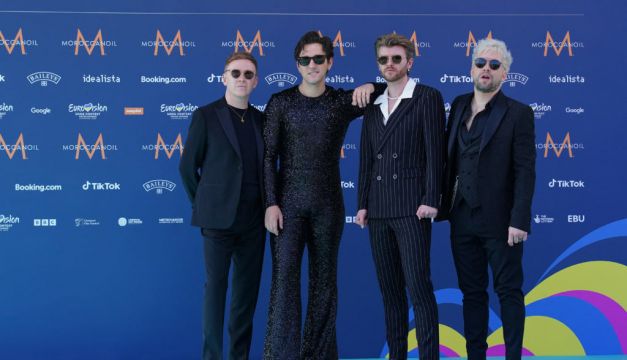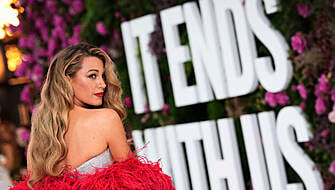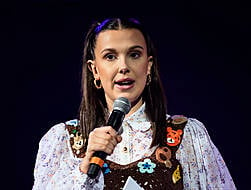The last Irish act to qualify for the grand final of Eurovision has called for the country to follow in the footsteps of the UK in “mixing up” its strategy.
Despite Ireland’s record seven wins at the contest, it has failed to qualify for the final since Ryan O’Shaughnessy entered with his song Together in 2018.
On Tuesday night, Wild Youth became the latest act to see their hopes dashed at the semi-final stage.
Irish Eurovision delegation needs mixing up, I think we should think about doing what UK did a few years back and outsource required jobs to music industry folks like myself #Eurovision2023 ...
— Ryan O'Shaughnessy (@Ryan_Acoustic) May 11, 2023
Advertisement
Addressing their failure on Twitter, O’Shaughnessy wrote: “Irish Eurovision delegation needs mixing up, I think we should think about doing what UK did a few years back and outsource required jobs to music industry folks like myself.
“In 2018 when I qualified with the song Together I stepped in as creative director after refusing to emerge from an exploding cake and pushed hard to have 2 male dancers on stage with me, which was a hard sell at the time…
“I was responsible for signing off on final production of the track itself, I hired an independent stylist, and made sure the project as a whole had some content to it and it wasn’t just a song, but a message. All these factors helped get Ireland into the final.”
O’Shaughnessy said there needed to be Irish songwriting camps with the intention of creating a “brilliant song”.
He also called for a larger budget for international marketing and for the selected song to be released at least four or five months before the contest.
Management company TaP Music – which has counted Dua Lipa, Lana Del Rey and Ellie Goulding among its clients – was recruited to help select the UK’s song and act for the 2022 contest.
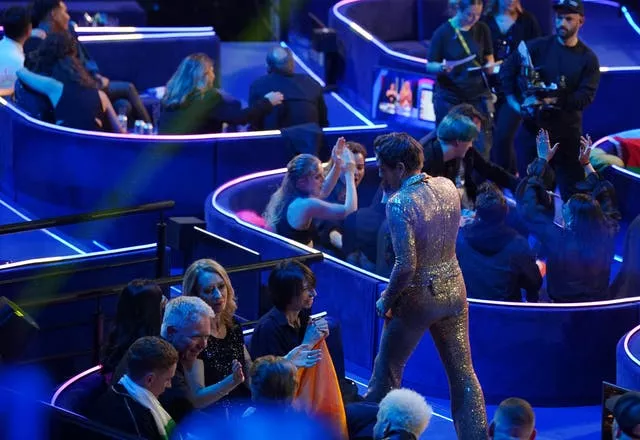
The result was Sam Ryder who placed second and turned the country’s fortunes around after years of disappointment.
TaP, who returned to select this year’s act, Mae Muller, also introduced a new strategy which saw Ryder’s single, Space Man, played on BBC Radio 1 instead of Radio 2, and having him target smaller countries which have the same voting powers as larger countries.
O’Shaughnessy continued: “We have a language, a culture and a sound to offer the world, if we put forward a real Irish song it will resonate.. Just my thoughts, rant over.”
He added that he was “not having a go” at Michael Kealy, head of the Irish delegation and an executive of RTÉ entertainment, and praised him for allowing him to “take the reins” on his own performance.
His comments came ahead of the second live semi-final on Thursday night in Liverpool.
Sixteen acts will compete, with only the top 10 progressing to the grand final on Saturday.
Alesha Dixon, Hannah Waddingham and Ukrainian singer Julia Sanina will return as hosts after helping to kick off the contest earlier this week.
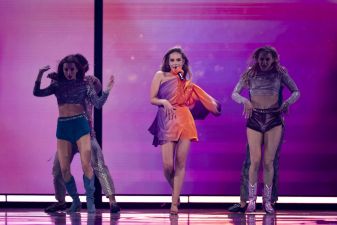
Thursday is this year considered the less competitive of the two semi-finals, though a number of fan favourites are still set to perform.
The second semi-final will be broadcast from 8pm on RTÉ Two on Thursday.
RTÉ has been contacted for comment.
